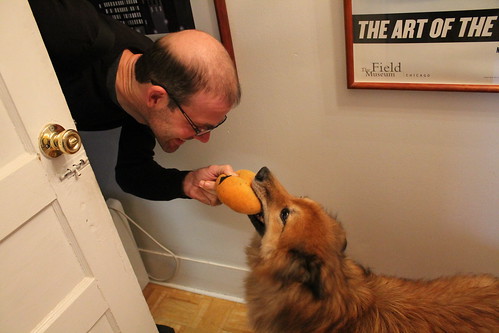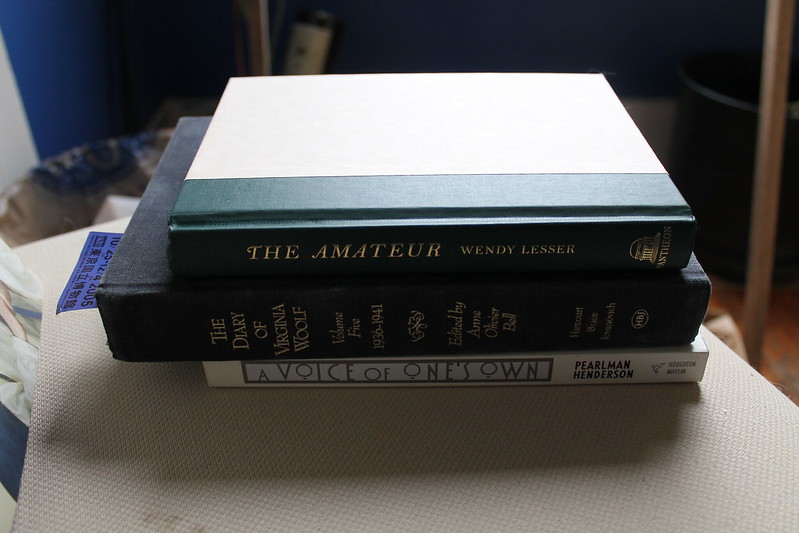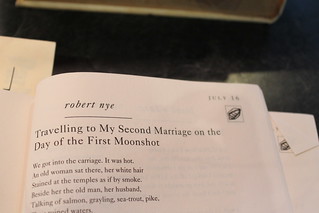What is a poem?
A poem is the inside of one person becoming the inside of another. Words together, not words alone. Words alone can’t make a poem, any more than a sacred text can make the divine. A poem is strangers talking across centuries. A meal shared between two people who’ve never met. The past breaking open the present. The present breaking open the past.
A poem is not about something but is something. An experience or emotion that passes holy into cell, sinew and vein, changing us with its dark, abundant breath. A poem is a rage at bombs and the odor of death; or snow geese, lovely, coming out from every page. A poem is the eggs of monkfish knitted into a gauzy shroud, buoyant, built for dispersal. A poem is gods in low hills holding thunder and flame. A poem is one eye, round as a coin, fixing fear upon you, the other, half shut.
A poem is sound and breath and feeling, rising from the page like the heat of summer rising from a road. A poem is fear braided into the strands of sinew connecting good-girl muscle to good-girl bone. A poem is atoms, quarks, and auras and all the love that lies between.
A poem is a door through which we move and are changed. A poem is the world aware of itself, alive to its own being. A poem is the gentle pressing of heat, the perfect distance from flame.
A poem is a sudden flock of birds across a blue wake; an eye that rises and falls. Wisp of seeing and being seen. A poem is quarrel, confusion and descent. Fragment of exaltation. A poem sings about the eye, billowing as if body and sky are one. A poem dreams of birds. Dreams of rain and ruin. Wisp of seeing and being seen. A poem dreams of itself dreaming of rain, its muscle sweet to its skin.
Lisa Dordal (M.Div., M.F.A.), author of Commemoration from Finishing Line Press, teaches in the English Department at Vanderbilt University. A Pushcart Prize nominee and the recipient of an Academy of American Poets Prize, her poetry has appeared in a variety of journals, including Best New Poets, Cave Wall, CALYX, The Greensboro Review, and Nimrod. For more information about her poetry, please visit her website at lisadordal.com.







